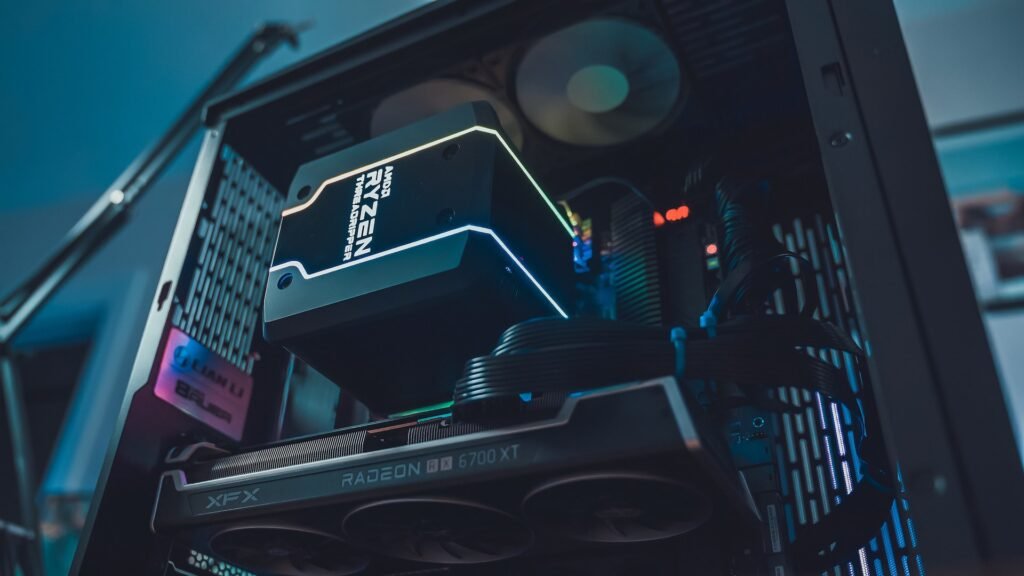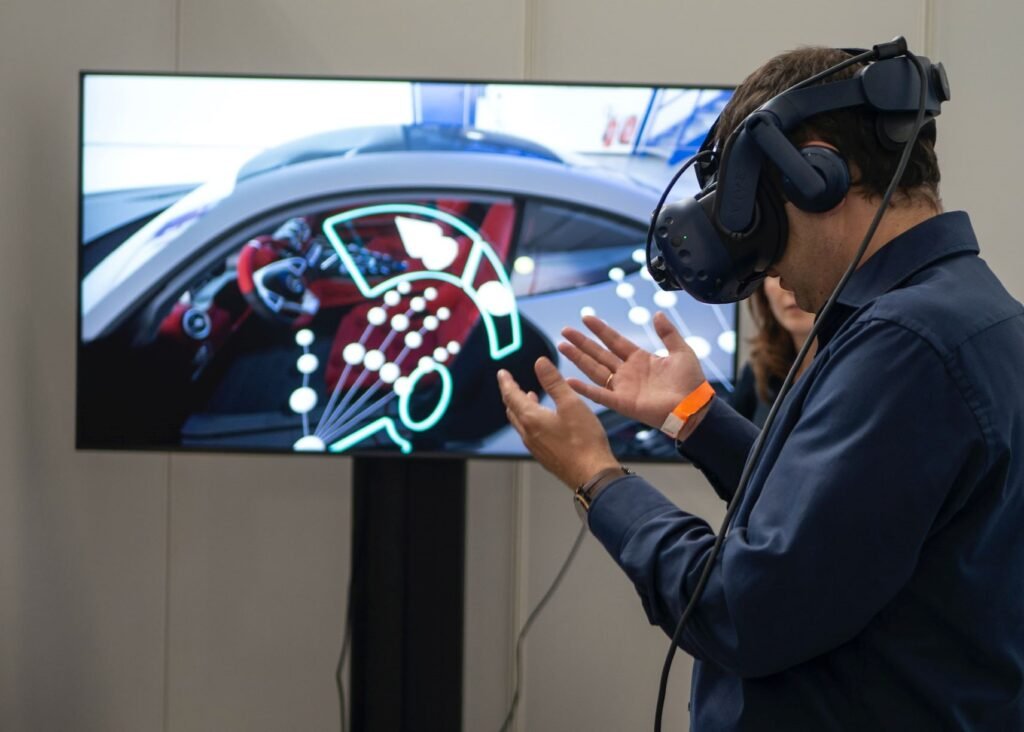
Gaming is not just about the pixels on the screen; the experience also involves those who make the game, the gamers, those who sell and the people who regulate it. Gaming will continue to become more mainstream culturally.
Figures Don’t Lie
A Newzoo global game market report revealed that in 2022 alone, revenue for gaming reached $184 billion, and by 2025, the number of gamers is expected to grow to 3.6 billion. The exciting part about these statistics is that the younger generation is not the leading demographic in the gaming industry. It is those above 30 that spend the most time gaming, as reported by ExpressVPN.
According to the survey, Millennials, that’s people in their late twenties and early forties, are more hooked to gaming than the Gen Z generation (teens and early twenties).
With the number of people getting involved in video games and the revenue it generates, we can’t stop wondering what the future of video games is. Many tech innovations, such as virtual reality, are shaping the future of video games and influencing the gaming experience.
What is Virtual Reality?
Virtual reality (VR) gaming is the application of a three-dimensional artificial environment to computer games. This environment creates an immersive experience, a suspension of disbelief that removes you from Reality. It transports you to other worlds and lets you lose yourself in action.
A VR setup involves a standard keyboard, mouse, game controllers and headsets. For a user to fully grab this immersive experience, a VR room must include treadmill floors, furthering the user’s sense of freedom and immersion within the virtual environment. Even if the user is confined to a limited area, he would still have a free range of motion within the area.
Virtual Reality Vs Augmented Reality
Augmented Reality (AR) is a technology that integrates digital content with the user’s real-world environment through smartphones or special AR glasses. Rather than simulate reality, AR complements reality by integrating virtual elements into a real environment. It broke out on the gaming scene in 2016 with the mobile game Pokémon Go in which digital objects overlay a person’s natural field of view.
On the other hand, Virtual Reality creates a wholly simulated environment that users perceive as approximating reality through their senses.
Is Virtual Reality the Future of Gaming?

While Virtual Reality is not a new concept – Cinematographer Morton Heilig first created a movie booth, Sensorama, recognised as the first VR machine, in 1962 – a few challenges, such as the bulky headsets and high prices, have impeded its full taking VR has promised gamers a fully immersive experience for years. Still, the technology could be faster in delivering on the promise.
Notwithstanding, it is believed to be the future of the gaming industry. Thus, many tech and gaming companies such as Meta, Valve and Samsung are investing in the advancement of the industry by ensuring that VR becomes more appealing to a broader audience and that hardware prices are dropping.
Unlike before, there are now affordable VR headsets, and these companies are investing considerable resources to develop games and VR hardware. There are promising developments for VR, and this investment is likely to continue. GlobeNewswire reports that the industry is projected to grow at 30.5 per cent by 2028 and that fans of almost every game genre have excellent VR titles to select from.
What’s More?
Many gaming enthusiasts think VR is a socially isolating experience – you strap your headsets on and are lost in another world. They believe that the future of VR is more through social experiences. Despite this limitation, they are still optimistic about the future of VR.
Interestingly, some of these tech companies now provide social experiences. Several VR games like Rec Room and VRChat provide interfaces where users can interact and hang out with each other in real time. In 2021, Meta devised means for users to socialise and play games in its metaverse. If VR unlocks more connections with other people, it will be able to earn a prominent place in the future of gaming.
